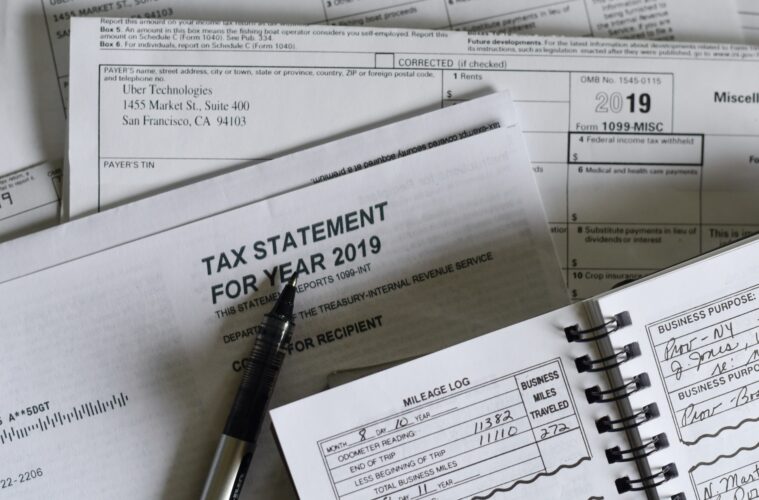Taxes are an inevitable part of life, and despite being a source of frustration and stress for many people, they do play a key part in maintaining the balance and flow of society as we know it. However, even though many people accept taxes as necessary, they still want to find ways to reduce the amount of tax they have to pay.
Even though tax bills can sometimes seem out of your control, there are actually several little tips and tricks you can use to lower your tax bill. Many people are unaware of these tips and therefore pay more each year than they really need to, but this guide will show you some simple strategy adjustments you can make to start paying less tax.
It’s worth noting, also, that the financial planners can be of great aid when it comes to cutting costs and paying less tax. Financial planners understand the techniques and strategies below better than anyone and could work with you to help you minimize your tax liabilities and maximize returns. But now, let’s take a look at some of the tips you can consider.
Invest in Your 401(k)
One of the best tips to reduce the amount of income tax you have to pay is to add some extra money to your 401(k). The IRS won’t tax you on anything you divert to your 401(k) from your monthly salary, up to a maximum limit, which varies based on your age. It’s a win-win situation; you get more money saved up for your retirement and you get lower tax bills too.
Build an IRA
As well as a 401(k), you could also consider an IRA as a way to prepare for your retirement and save money on taxes in the process. Contributions to a traditional IRA can be deducted from your income tax, up to a certain amount. The value of your deductions will depend on various factors, like your salary and your spouse’s retirement plan situation. It’s worth noting that Roth IRA contributions are not deducible.
Contribute to a Health Savings Account
If you have an eligible medical plan, you may want to consider opening up or contributing to an existing health savings account. Any contributions to these accounts provide immediate tax deductions and give you some funds to draw from in the future for medical emergencies. Plus, any money left over at the end of the year simply rolls over into the next.
Use Your Side Hustle
In this day and age, many people have side hustles to make some extra income on the side, in addition to their regular jobs. You can use your side hustle to claim some deductions too. For example, people who use their cars for ride-sharing can deduct the cost of mileage and fuel, while those who run small businesses from home can claim on their internet fees and office supplies.
For Self-Employed Individuals
People who are self-employed are also entitled to many additional deductions on their taxes, based on costs they have to cover throughout the year to support their business. Home office costs, travel costs, equipment costs, and more can all be deducted, and you can speak to a financial advisor to learn more. What’s more, self-employed individuals can deduct 50% from the Federal Insurance Contributions Act tax.
Pursue Education
You can also claim tax credits if you’re pursuing higher education. The American Opportunity tax credit, for example, can be claimed during the first four years of college. You can also deduct some costs if you’re saving up money in a 529 plan for your kid’s college fund too. The rules on this can vary from state to state, but there are always ways to save when it comes to school and study.
Learn About Earned Income Tax Credit
The Earned Income Tax Credit (EITC) is a type of tax credit that is dependent on the amount of money you earn each year. The rules are a little complex, but according to the latest data, you can potentially qualify for this credit if you earn less than $57,000. The credit can be worth up to $7,000, so it’s very much something that you should learn about if you think you meet the criteria.
Final Word
These are just some of the many ways in which you can claim deductions and credits to reduce the amount of tax you pay each year, helping you save more of the money you earn. Speak with a financial advisor or planner to learn even more ways to save.


